Five from UC San Diego Elected to National Academy of Sciences
New members represent biological sciences, mathematics, computer science and oceanography
Story by:
Published Date
Article Content
The National Academy of Sciences has elected five University of California San Diego professors to membership in the prestigious National Academy of Sciences, one of the highest honors bestowed on U.S. scientists and engineers.
Fan Chung of the Jacobs School of Engineering, Stephen Hedrick and Susan Kaech of the School of Biological Sciences, and Lisa Levin and Lynne Talley of Scripps Institution of Oceanography were among the 120 new members and 24 foreign associates elected to the academy “in recognition of their distinguished and continuing achievements in original research.”
They join more than 100 living and deceased members of the UC San Diego faculty who previously had been named to membership in the academy, which was established by Congress in 1863 to serve as an official adviser to the federal government on matters of science and technology.
Major research universities use the number of academy members on their faculty as a benchmark by which to compare the strength of their scientific research and education programs among universities across the nation in different disciplines.
“The election of five UC San Diego professors to the prestigious National Academy of Sciences is a truly remarkable distinction,” said UC San Diego Chancellor Pradeep K. Khosla. “This recognition not only celebrates their individual scholarly excellence and visionary leadership, but also underscores the exceptional quality of our faculty, who are driving innovative, cross-disciplinary research that helps us tackle the most daunting challenges of our time.”
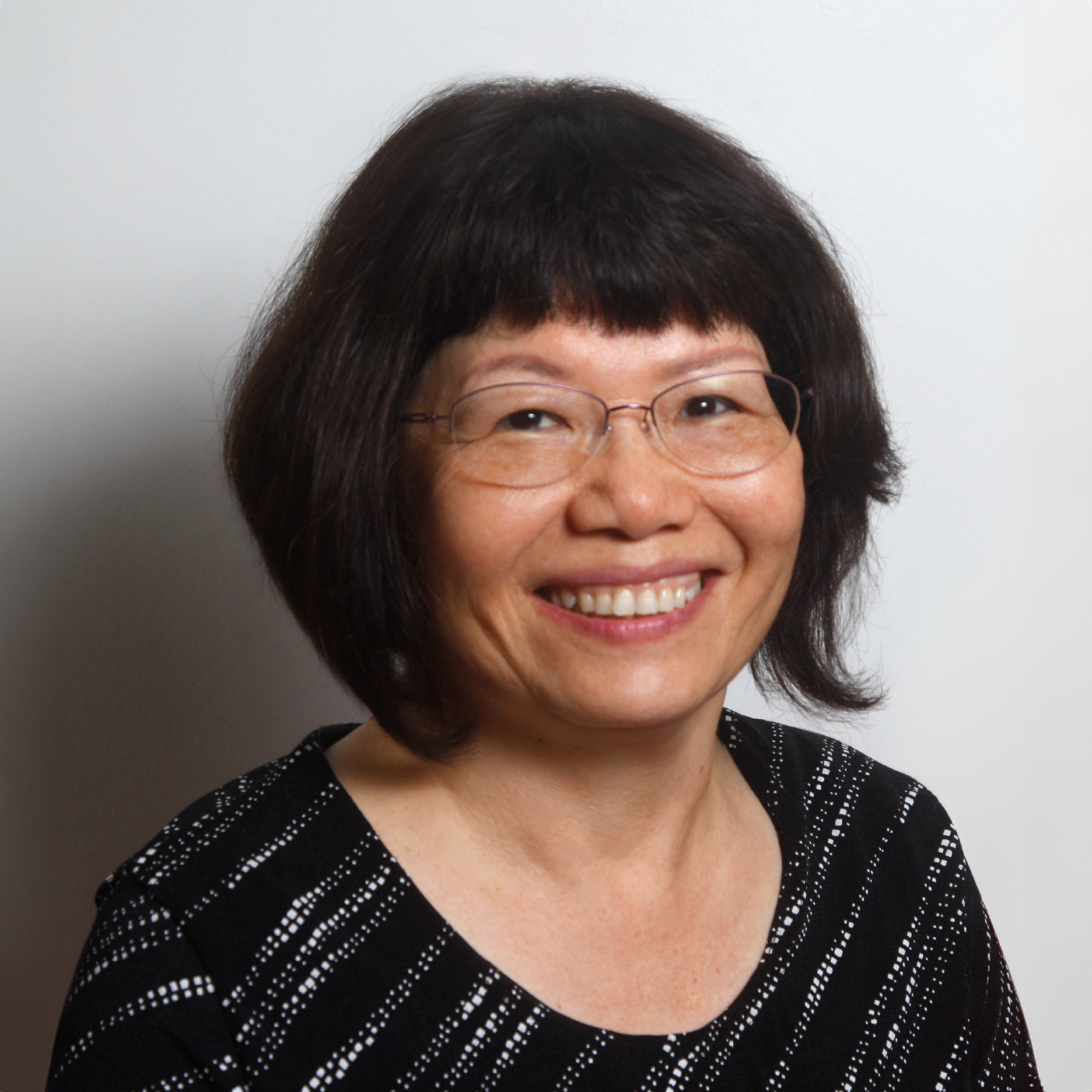
Distinguished Professor of Mathematics and Computer Science Fan Chung has held the Paul Erdos Chair in Combinatorics at UC San Diego since 1998. She earned her PhD in Mathematics from the University of Pennsylvania and a bachelor’s degree in mathematics from the National Taiwan University. She worked at Bell Laboratories and Bellcore for 19 years then joined the faculty of the University of Pennsylvania as the first female tenured professor in mathematics. Her research interests are primarily in graph theory, combinatorics and algorithmic design. She has authored more than 240 papers and coauthored the book Erdös on Graphs with Ron Graham, her late husband who served as the Irwin and Joan Jacobs Endowed Professor of Computer and Information Science at UC San Diego. She is a longstanding member of the American Academy of Arts and Sciences (since 1998), a fellow of the American Association for the Advancement of Science, a fellow of the American Mathematics Society and a fellow of the Society of Industrial and Applied Mathematics. Chung received the Euler Medal from the Institute of Combinatorics and its Applications in 2017 and was awarded the Allendoerfer Award by the Mathematical Association of America in 1990. She serves as editor-in-chief of the Journal of Combinatorics.
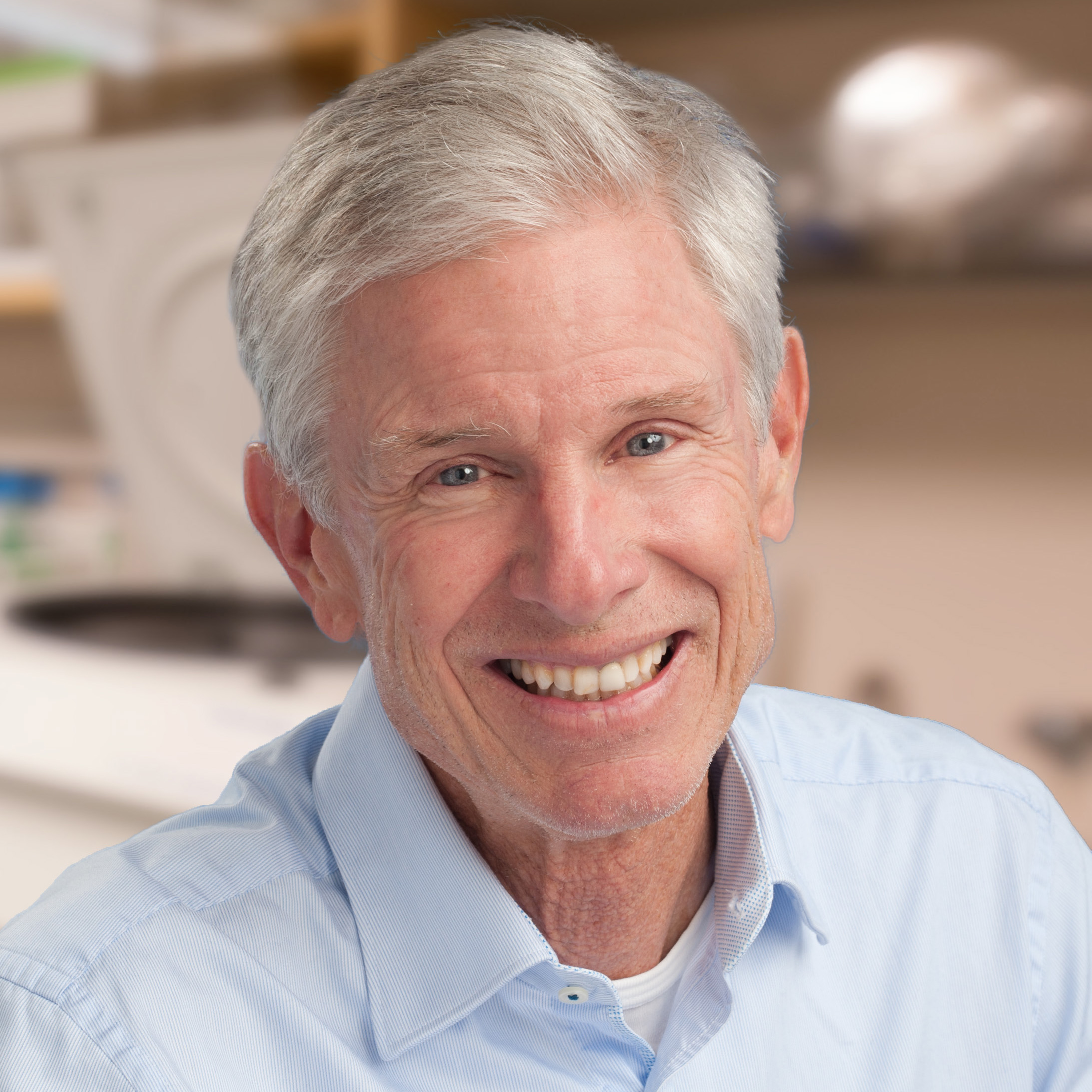
Distinguished Professor Emeritus Stephen Hedrick holds appointments in the Departments of Molecular Biology (School of Biological Sciences) and Cellular and Molecular Medicine (School of Medicine). He earned a PhD from UC Irvine and spent three years as a postdoctoral fellow at the National Institutes of Health in Bethesda, Md. In 1983 he joined the faculty at UC San Diego, where he has spent his entire scientific career. Hedrick served as chair of the Department of Biology (two years) and chair of Molecular Biology (five years). His research was continuously funded by the National Institutes of Health and focused on the development and function of T lymphocytes and their resilience in recognizing and responding to infectious agents. He has written about host-parasite co-evolution, disease ecology and the imperative to vaccinate. He was the recipient of a National Science Foundation Young Investigator Award and was named in the inaugural class of Distinguished Fellows of the American Association of Immunologists.
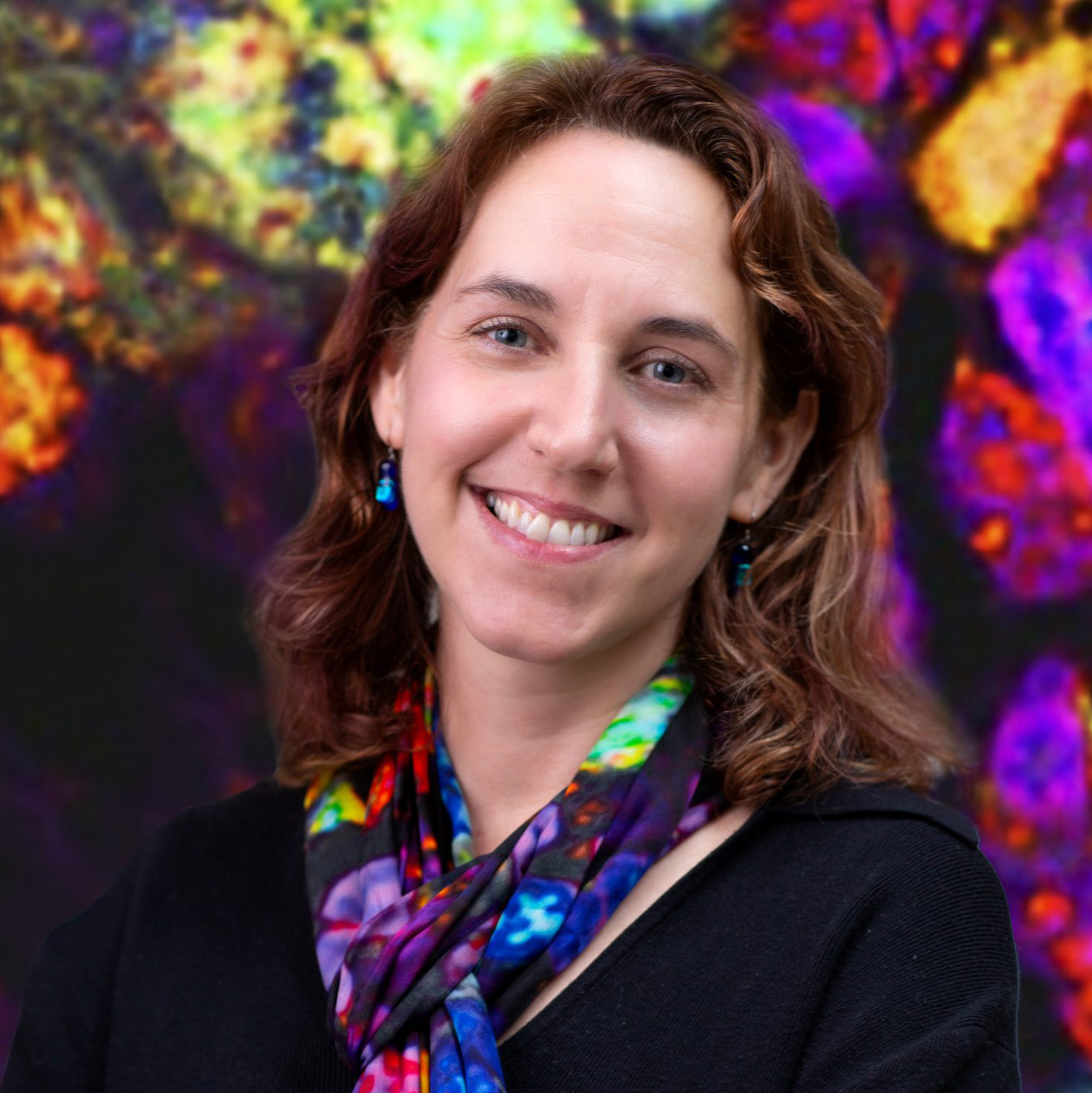
School of Biological Sciences Adjunct Professor Susan Kaech is a leader of UC San Diego’s Program in Immunology and an active mentor to Biological Sciences PhD students. Her lab, based at the Salk Institute, investigates how T cells form, function and fight infection and cancer. Kaech directs the NOMIS Center for Immunobiology and Microbial Pathogenesis and holds the NOMIS Chair. Her research findings have helped advance the modern understanding of long-term immunity. Kaech has identified genes and signaling molecules that are critical for memory T cell generation during immune response. She also helped establish the field of cancer immunometabolism through her characterization of the metabolic interplay between tumors and immune cells, and how changes in nutrient availability can lead to metabolic immune suppression in tumors. Kaech is a member of the American Academy of Arts and Sciences and a Fellow of the American Association for the Advancement of Science. She has received numerous awards including a Howard Hughes Medical Institute Early Career Scientist award, the National Institutes of Health Presidential Early Career Award for Scientists and Engineers, the Burroughs Wellcome Fund Career Award in the Biosciences and the Damon Runyon-Walter Winchell Cancer Research Fellowship.
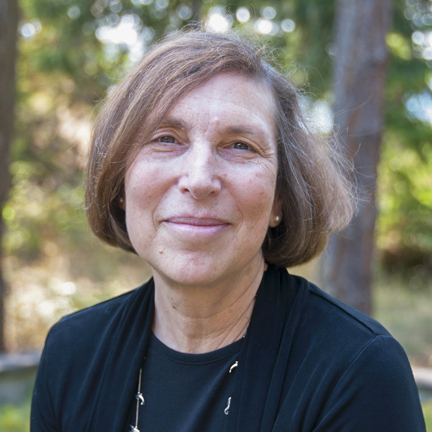
Distinguished Professor Emerita Lisa Levin is a biological oceanographer at Scripps Oceanography and a leading authority on deep-ocean life and its vulnerability to climate change and direct human disturbance. Levin is co-founder of the Deep-Ocean Stewardship Initiative (DOSI), which seeks to integrate science, technology, policy, law and economics to advise on ecosystem-based management of resource use in the deep ocean and strategies to maintain the integrity of deep-ocean ecosystems within and beyond national jurisdictions. She also helps lead the Deep Ocean Observing Strategy. Levin has contributed to multiple Intergovernmental Panel on Climate Change (IPCC) reports and has brought deep-sea science to United Nations policy negotiations in the arenas of climate change, biodiversity, and deep-seabed mining. Levin is a fellow of the American Association for Advancement of Science and the American Geophysical Union. She was awarded the American Association of Limnology and Oceanography’s Redfield Lifetime Achievement Award in 2018, the Prince Albert I Grand Medal in Ocean Science in 2019, and a Western Society of Naturalists Lifetime Achievement award in 2022. Levin has frequently served as a representative of the University of California delegation at the United Nations climate conferences, known as COPs, to integrate climate science into global policymaking.
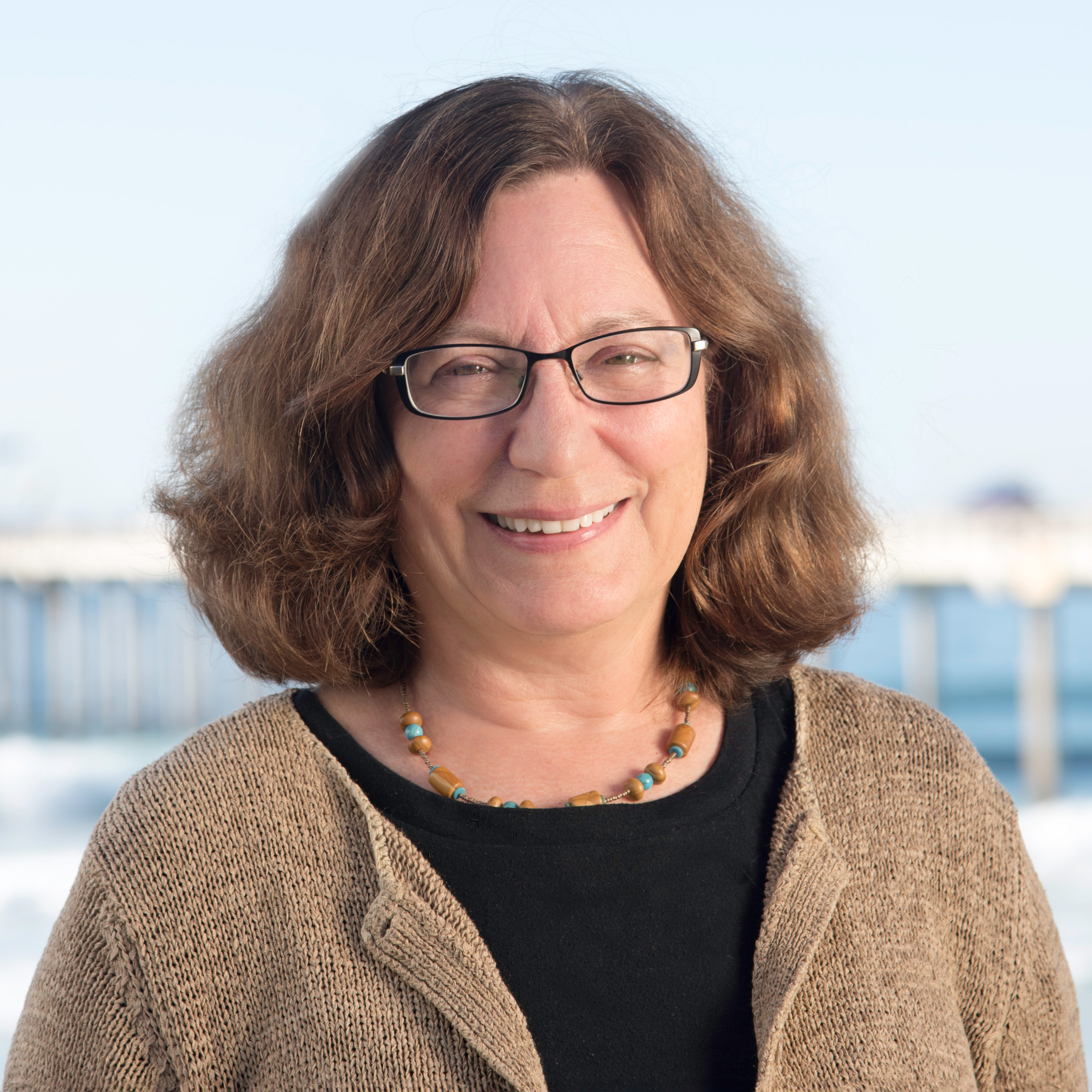
Distinguished Professor of Physical Oceanography Lynne Talley’s research focuses on the general circulation of the ocean and the role of various oceanic and atmospheric conditions that affect ocean currents and property distributions, and the role of the ocean in climate. She is a co-author of one of the most widely used oceanography textbooks in the world and has been an advocate for the importance of ongoing ocean observations as a necessary way to help humanity adapt to climate change. She was a lead author of the IPCC Fourth Assessment Report Working Group I chapter “Observations: Oceanic Climate Change and Sea Level,” which was released in February 2007. The report earned contributing scientists a share of the Nobel Peace Prize later that year. She was also a lead author on the same topic for the Fifth Assessment Report, released in 2013. Talley became a fellow of the American Association for the Advancement of Science in 2017, a fellow of the Oceanography Society in 2010, a fellow of the American Meteorological Society in 2008, a fellow of the American Geophysical Union in 2006, and a fellow of the American Academy of Arts and Sciences in 2003. Like Levin, she has served as a representative of the University of California delegation at United Nations climate conferences.
Those elected bring the total number of active members to 2,617 and the total number of foreign associates to 537. Foreign associates are nonvoting members of the academy, with citizenship outside the United States.
The National Academy of Sciences is a private organization of scientists and engineers dedicated to the furtherance of science and its use for the general welfare. It was established in 1863 by a congressional act of incorporation signed by Abraham Lincoln that calls on the academy to act as an official adviser to the federal government, upon request, in any matter of science or technology.
Additional information about the academy and its members is available online at http://www.nasonline.org
-- Susan Kaech information and photo per the Salk Institute
Share This:
Stay in the Know
Keep up with all the latest from UC San Diego. Subscribe to the newsletter today.




